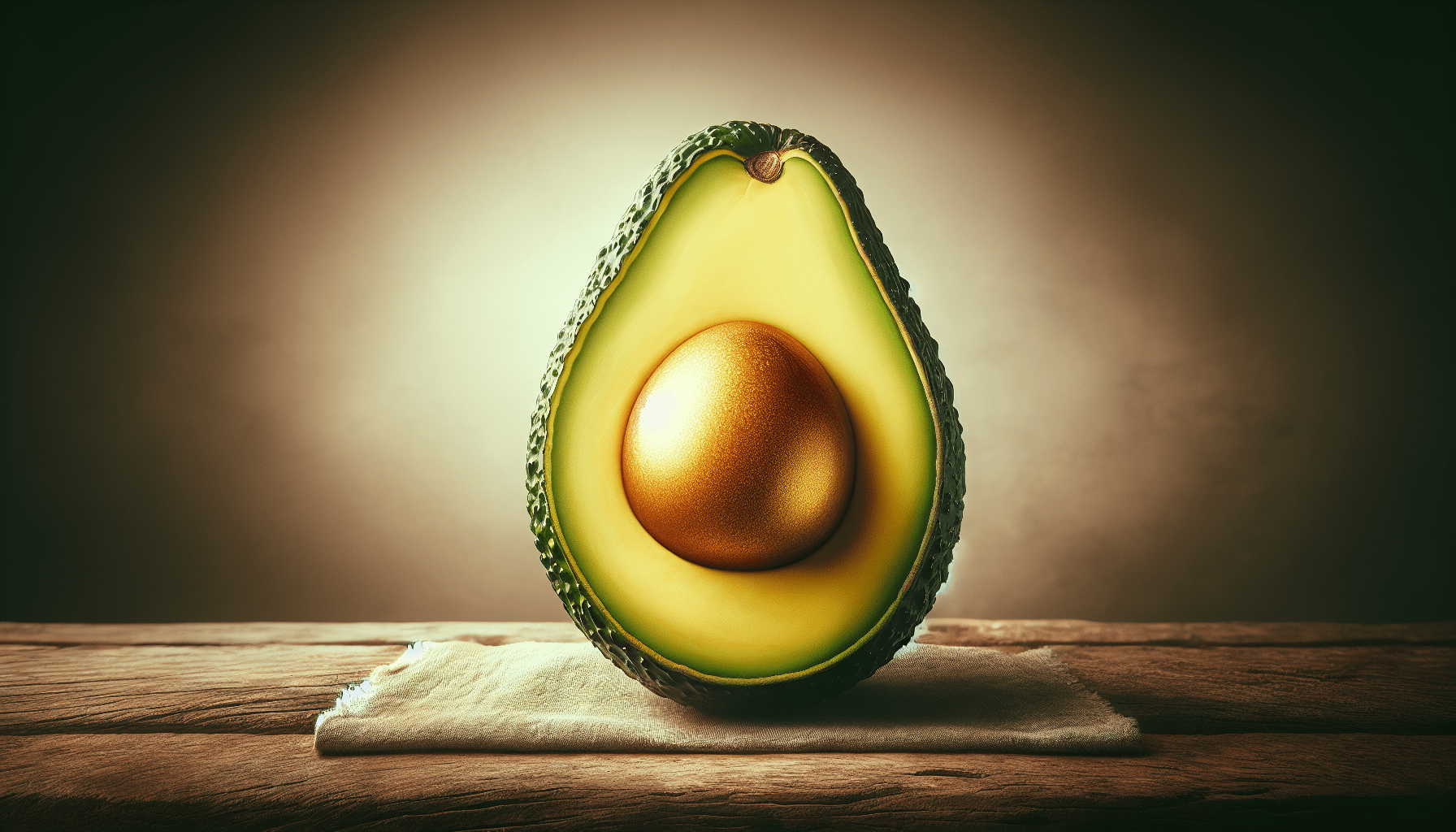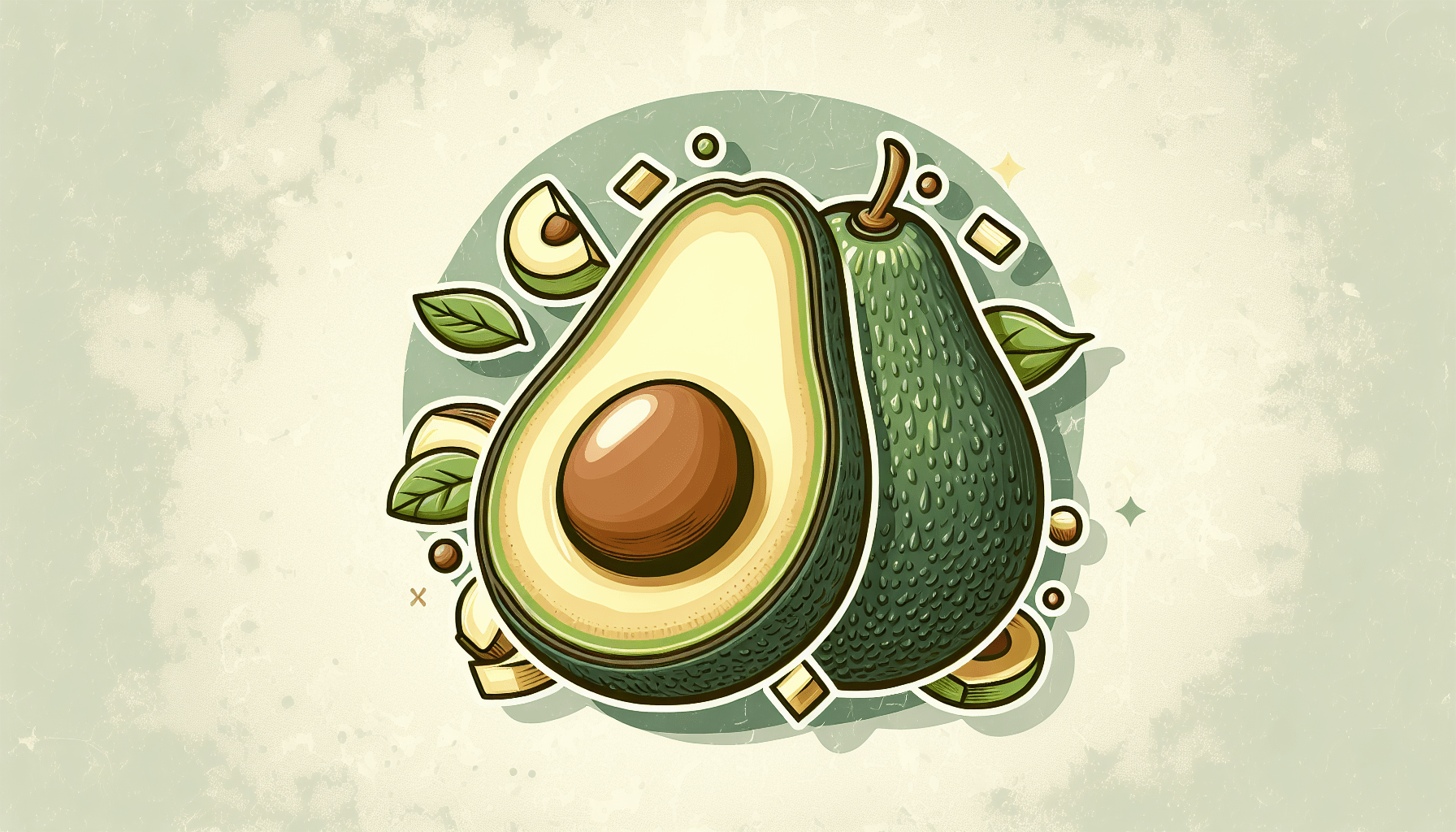Have you ever wondered how to supercharge your energy levels and burn fat effectively? If so, you’ll find that a ketogenic (keto) diet might be just what you need. This dietary approach has gained immense popularity for its potential health benefits, including weight loss and increased energy. Keto diets and supplements can significantly impact your energy levels and fat-burning capacity, but the key lies in what foods you consume.
Understanding the Keto Diet
Table of Contents
The ketogenic diet emphasizes low carbohydrate intake, moderate protein consumption, and high fat intake. This macronutrient distribution helps your body enter a state called ketosis, where it burns fat for fuel instead of carbohydrates. When you’re in ketosis, your liver converts fat into ketones, which become your body’s primary energy source.
Why Go Keto?
The keto diet isn’t just for weight loss. People adopt this lifestyle to improve mental clarity, stabilize blood sugar levels, and enhance athletic performance. For those with conditions like epilepsy, PCOS, or metabolic syndrome, the keto diet can offer substantial health benefits. The real magic, however, lies in how keto can boost your energy and enhance fat-burning mechanisms simultaneously.
Foods to Eat on a Keto Diet
Knowing what to eat is crucial for maintaining ketosis and reaping the benefits of the keto diet. Let’s break down the foods you can incorporate into your daily meals.
Healthy Fats
Healthy fats are the cornerstone of the keto diet. They provide the energy you need while keeping you satiated.
- Avocado: Rich in heart-healthy monounsaturated fats and fiber.
- Olive Oil: Excellent for cooking and salad dressings, high in antioxidants and healthy fats.
- Coconut Oil: Contains medium-chain triglycerides (MCTs) that can enhance ketone production.
- Butter and Ghee: High in fat-soluble vitamins and fatty acids.
Protein Sources
Moderate protein is essential to preserve muscle mass and maintain metabolic functions.
- Meat: Beef, pork, and lamb are excellent choices. Opt for grass-fed varieties for higher nutrient content.
- Poultry: Chicken, turkey, and duck are versatile protein sources.
- Fish: Fatty fish like salmon, mackerel, and sardines are rich in omega-3 fatty acids.
- Eggs: An excellent source of protein and fats, they are also versatile for various dishes.
Low-Carb Vegetables
Vegetables are crucial for fiber, vitamins, and minerals. Choose non-starchy, low-carb vegetables.
| Vegetables | Net Carbs (per 100g) |
|---|---|
| Spinach | 1.4 g |
| Kale | 3.6 g |
| Zucchini | 2.1 g |
| Broccoli | 4.0 g |
| Cauliflower | 3.0 g |
Dairy and Alternatives
Dairy can be a good source of fats and proteins, but always choose full-fat versions to keep the carb count low.
- Cheese: Cheddar, mozzarella, and goat cheese are good options.
- Greek Yogurt: Choose unsweetened varieties to keep the carb count low.
- Heavy Cream: A great addition to coffee and recipes.
Nuts and Seeds
Nuts and seeds offer healthy fats, fiber, and protein but should be consumed in moderation due to their carb content.
- Almonds: High in fiber and healthy fats.
- Pecans: Low in carbs and high in fats.
- Chia Seeds: Rich in omega-3 fatty acids and fiber.
- Flaxseeds: Great for omega-3s and can be ground into meals.

Keto Supplements to Boost Energy and Burn Fat
Incorporating keto supplements can enhance your effort by providing an extra boost in energy and fat-burning capabilities.
MCT Oil
MCT oil is derived from coconut oil and is quickly converted into ketones, offering an immediate energy boost. It’s ideal for adding to coffee, smoothies, or even as a cooking oil.
Exogenous Ketones
These supplements can help you enter ketosis faster and maintain it, particularly if you’ve consumed more carbs than intended. They provide an instant source of ketones, enhancing energy and mental clarity.
Electrolytes
When you start a keto diet, your body excretes more electrolytes like sodium, potassium, and magnesium, which can lead to the “keto flu.” Supplementing with electrolytes can help alleviate symptoms such as fatigue, headaches, and muscle cramps.
Omega-3 Fatty Acids
While fish and seeds are good sources, supplements can ensure you meet your daily intake without consuming carbs. Omega-3s are beneficial for heart health and inflammation reduction.
Benefits of a Keto Diet
The benefits of committing to a keto diet extend beyond weight loss. Let’s explore how it influences different aspects of well-being.
Enhanced Energy Levels
When your body relies on ketones instead of glucose for fuel, you experience stable energy levels without the spikes and crashes associated with carb-heavy diets. You’ll feel more energized and focused throughout the day.
Accelerated Fat Burning
By restricting carbs and increasing fat intake, your body becomes highly efficient at burning fat for energy. This process not only helps in shedding excess weight but also in maintaining lean muscle mass.
Improved Mental Clarity
Ketones are a powerful fuel source for the brain, often leading to improved cognitive function, memory, and overall mental clarity. You’ll find it easier to concentrate and perform cognitively demanding tasks.
Stabilized Blood Sugar Levels
Because you’re limiting carbohydrate intake, there’s less risk of blood sugar spikes and crashes. This can be particularly beneficial for individuals with type 2 diabetes or those prone to hypoglycemia.
Appetite Suppression
High-fat foods are generally more satiating, meaning you feel fuller for longer. This natural appetite suppression helps in reducing overall calorie intake without feeling deprived.

Common Challenges and Solutions
Adopting a keto diet can come with its set of challenges. However, these can be easily managed with a few strategies.
Initial Fatigue and “Keto Flu”
When you first transition to a keto diet, your body goes through an adaptation phase, leading to symptoms like fatigue, headaches, and irritability. This is often referred to as the “keto flu.”
Solution:
- Increase electrolyte intake: Consume more potassium, magnesium, and sodium through supplements or diet.
- Stay hydrated: Adequate water intake can alleviate many symptoms.
Constipation
Reduced fiber intake can lead to constipation.
Solution:
- Eat more fiber-rich, low-carb vegetables: Spinach, kale, and broccoli are excellent options.
- Hydrate: Drink plenty of water to keep things moving through your digestive system.
Social Eating
Navigating social situations where carbs are plentiful can be tricky.
Solution:
- Plan ahead: Research the menu before dining out and stick to keto-friendly options.
- Bring keto-friendly dishes to gatherings: You’ll have something to eat while also introducing others to the diet.
Cravings and Temptations
Craving high-carb foods like bread, pasta, and sweets is normal in the initial stages of the keto diet.
Solution:
- Find keto substitutes: Many recipes can mimic your favorite high-carb foods with low-carb ingredients.
- Stay satiated: Eating enough fat and protein can reduce cravings.
Tips for Success
Navigating a keto diet can be smooth if you follow a few key tips.
Track Your Macros
Use apps or journals to keep track of your carbohydrate, protein, and fat intake. This ensures you stay within the keto guidelines, helping to maintain ketosis.
Meal Prep
Planning your meals in advance can help you stick to your diet, make grocery shopping easier, and reduce the temptation to slip up.
Listen to Your Body
Each body reacts differently to dietary changes. Pay attention to how you feel and adjust accordingly. If something isn’t working, don’t hesitate to tweak your approach.
Common Misconceptions
Let’s address some common misconceptions surrounding the keto diet.
It’s All About Bacon and Butter
While bacon and butter are allowed, a balanced keto diet includes a wide variety of nutrient-dense foods. Healthy fats, lean proteins, and low-carb vegetables should form the bulk of your meals.
Keto Is a High-Protein Diet
Keto is actually moderate in protein. Too much protein can be converted into glucose, disrupting ketosis.
Keto is Unsustainable
With careful planning and a variety of food options, the keto diet can be a sustainable lifestyle. Many find it easier to stick to than other restrictive diets due to the satiating nature of high-fat foods.
You Can’t Eat Any Carbs
While carb intake is limited, it’s not entirely excluded. Non-starchy vegetables and small amounts of nuts and seeds provide essential nutrients without kicking you out of ketosis.
Combining Keto with Exercise
Exercise complements a keto diet beautifully, enhancing its benefits.
Fat Burning
Keto enhances your body’s ability to burn fat during exercise, leading to more effective workouts and faster recovery times.
Increased Endurance
Reduced glycogen stores mean your body turns to fat for sustained energy. Many athletes report increased endurance when combining keto with their training.
Muscle Preservation
Despite a common myth, keto doesn’t lead to muscle loss if you consume adequate protein. In fact, ketones can help preserve muscle mass.
Conclusion
Embarking on a keto journey can significantly boost your energy levels and enhance your body’s fat-burning capabilities. By focusing on nutrient-dense foods like healthy fats, moderate proteins, and low-carb vegetables, you can achieve and maintain a state of ketosis. Supplements, like MCT oil and exogenous ketones, can provide additional support. Boosting your health, increasing your energy, and burning fat effectively is within your reach with the keto diet.
So why not give it a try? Listen to your body, make informed choices, and enjoy the numerous benefits that come with this transformative dietary approach.





